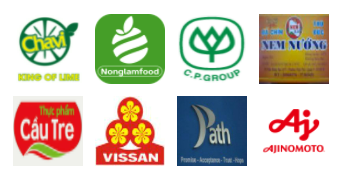Following the success of previous years, the Summer Course 2025 with the theme “Sustainable Agroindustry: Adding Values to Local Commodities in Rural Area” was held at Universiti Putra Malaysia (UPM), attracting more than 60 students from Indonesia, Malaysia, the Philippines, Zimbabwe, and Vietnam. This annual initiative, launched by IPB University (Indonesia), aims to promote academic and cultural exchange as well as international collaboration among universities in the region.
The program offered students the opportunity to access the latest knowledge on sustainable agriculture and agro-processing technologies through lectures delivered by leading ASEAN lecturers and experts. One of the highlights of this year’s course was a special focus on Halal food, helping students gain a deep understanding of production and certification processes to meet global market demands.
In addition to theoretical learning, students participated in hands-on experiences at food processing facilities, where they explored processes such as fermentation, drying, and chocolate production from cocoa beans. Field trips to the Faculty of Food Science and Technology also allowed participants to discover modern technologies like supercritical fluid extraction and its industrial applications.
Beyond academics, the program fostered cultural exchange through “Culture Day”, where students showcased traditional costumes, unique cuisines, and ethnic dances. These activities not only broke down geographical barriers but also strengthened the bonds among the youth of Southeast Asia, contributing to the building of a close-knit academic community.
Summer Course 2025 concluded with lasting impressions, reaffirming the importance of multinational collaboration in higher education. Through this program, Vietnam National University of Agriculture and the Faculty of Chemical and Food Technology made meaningful contributions to the journey of knowledge-sharing, cultural exchange, and promoting sustainable development in the region.
This was more than just a course—it was a chance for students to broaden their perspectives, build international networks, and co-create a sustainable future for agriculture.
Let us look forward to more impactful programs to come, continuing the journey of connection and innovation for a thriving Southeast Asia!
Page count: 158

